On July 17th this year Malaysia Airlines Flight 17, using a flight path favoured by most major airlines on the Asia/Europe route, was shot down over the Ukraine.
On the same day, at around the same time, on perhaps the same flight path, we were flying Cathay Pacific from Hong Kong to Helsinki to spend three months in Europe. This coincidence does underline the fragility of existence but the large loss of Australian lives in this disaster, also draws attention to the number of Australians often on the move between the two continents.
What is the nature of our fascination with Europe? Do we connect with the European mentality? Europeans are not much interested in Australia and our news never appears to feature in European newspapers – not even our sporting achievements. Perhaps we’re just too far away from the action. Facebook, Twitter and Skype don’t really compensate for that proximity and immediacy of geography and time zones.
According to the Department of Immigration and Multicultural affairs more than 3 million European immigrants arrived in Australia between July 1949 and June 2000, namely 53.5% of our total immigration in that period. Such numbers would be expected to influence the Europeanisation of our identity, certainly beyond merely improving our culinary repertoire. But perhaps we are still gripped by a version of the ‘cultural cringe’, a term coined in Australia after the Second World War to explain our perceived feelings of inferiority.
However, historian John Hirst in his 2007 book, The Australians: Insiders and Outsiders on the National Character since 1770 believes that we’ve got over the cultural cringe and that ‘Australians no longer ask themselves who they are but tell ourselves this is who we are and the world can take us or leave it.’ We may have stopped cringing but are we now overcompensating with an inflated sense of confidence, often the flipside of a hidden insecurity?
We still appear to be stuck in the ‘look at me, look at me’ style of posturing. Recent exhortations by our leaders that ‘we live in the best country in the world’ and exhortations to join ‘team Australia’ actually reveal a deeper inferiority complex. Paradoxically, buried in this hubris is paranoia, illustrated by the sloganeering currently appearing on our bus shelters and other public spaces: ‘If you see something, say something’, a truly vague Pythonesque exhortation. The extent of our paranoia is best illustrated by comparing how we deal with outsiders and how European cultures respond to similar situations.
Despite a recession and high unemployment in Italy, Operation Mare Nostrum, under the auspices of the navy, has rescued more than 140,000 asylum seekers at sea since October last year. On the other hand, the Australian government’s bipartisan policy that has ‘turned back the boats’ and relegated hundreds of asylum seekers to the hell-holes of offshore processing, is an aggressive ‘wedgie’ to any outsiders seeking our assistance, a stain on our national conscience by comparison with European policies. Not that an ‘open borders’ policy is feasible either.
While in the United Kingdom I grew unexpectedly sympathetic to the Conservative party, who are belligerently outspoken about uncontrolled and unlimited access of immigrants to the UK from the EU. Net migration to the UK from Europe was 243,000 in the year to March this year, up 175,000 from the year before. The service industries are full of workers from countries like Estonia and other parts of Eastern Europe. Surely this sort of uncontrolled migration may only lead to further unemployment, the creation of ghettoes and the targeting of minority races.
The number of ‘outsiders’ trying to come to Australia is miniscule by comparison. Why then do we react so hysterically? We appear to have forgotten that Australia is stronger as a nation because of the hybridising influence of many different cultures. Our aggressive form of ‘shirtfront diplomacy’ is not merely limited to Russia it seems. We appear to still fear invasion from the ‘outsider’.
Our identity is still a work in progress. My own European antecedents were transposed to Australia, but were uprooted in the process, cut off from centuries of history, location and culture, valued so much by Europeans. Historical connections to European cathedrals and landscapes really do energise the soul.
So transplanted to Australia, we the European descendants of refugees, still have not yet identified or come to terms with the ancient landscapes and cultures of indigenous Australia. We don’t quite fit in yet. Adrift from deep connections to any culture or history, we suffer a soulful dislocation and a wounding inferiority complex, expressed in deep anxiety and aggressive paranoia. The grafted branch has not yet taken root here or sprouted its own green shoots.
GIVE THEM A ‘WEDGIE’
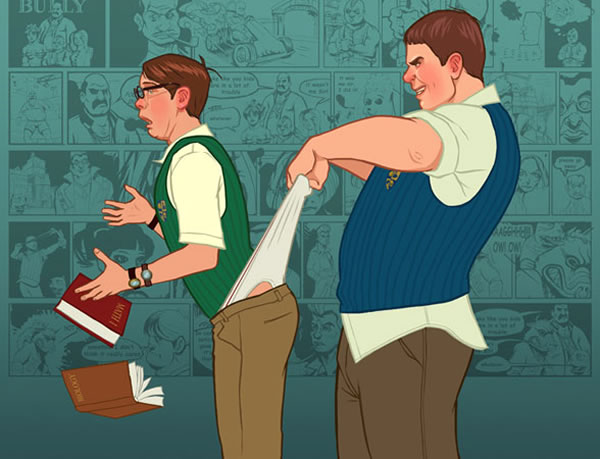


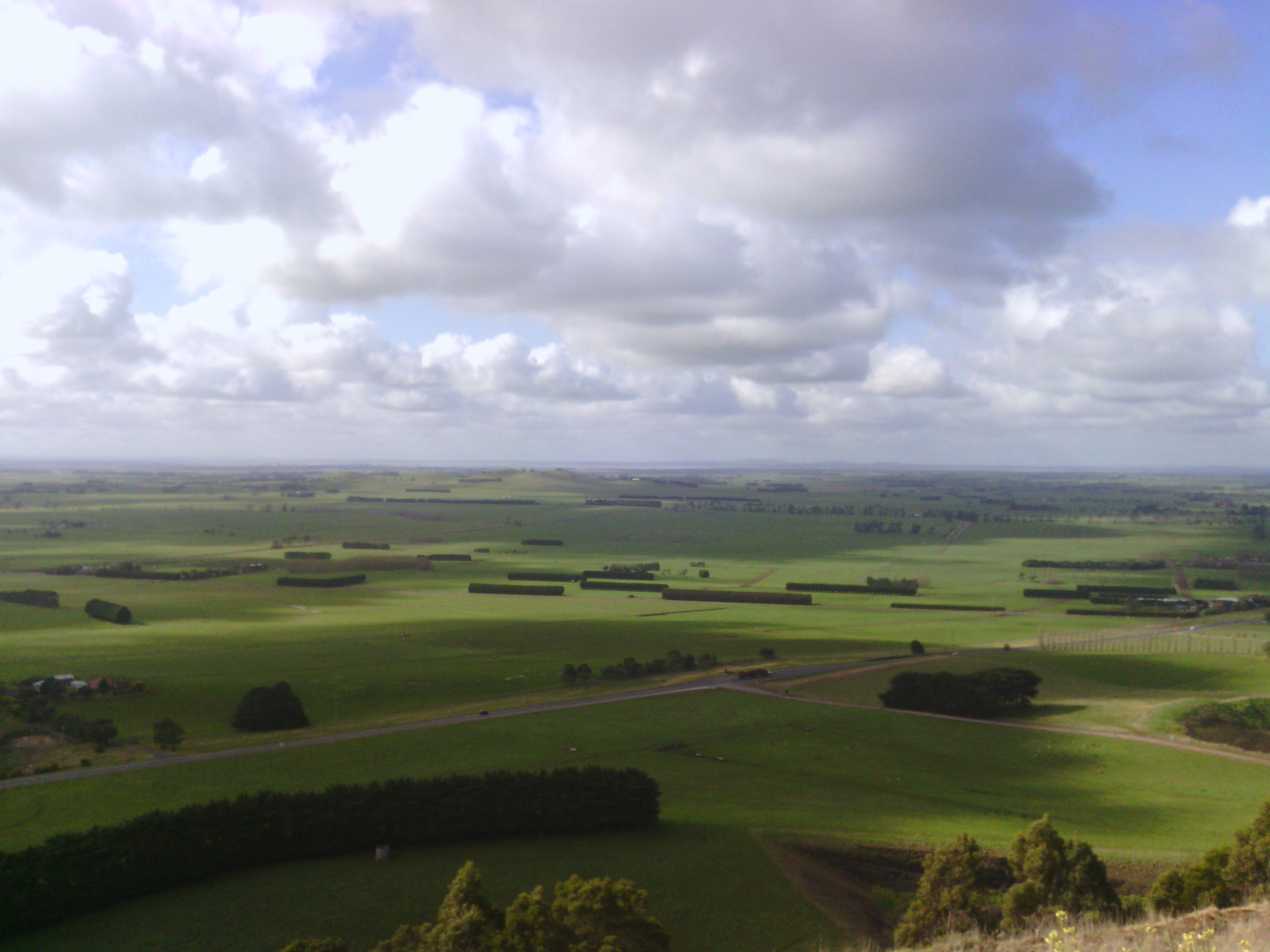
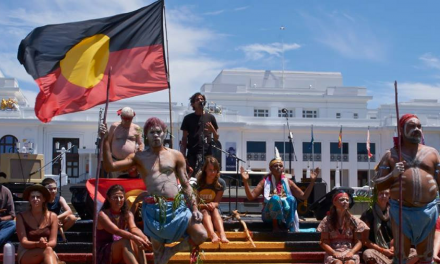
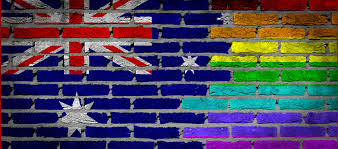
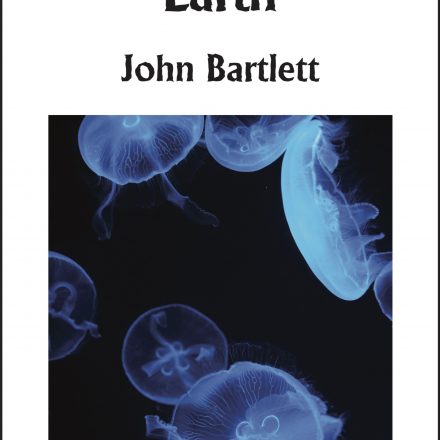
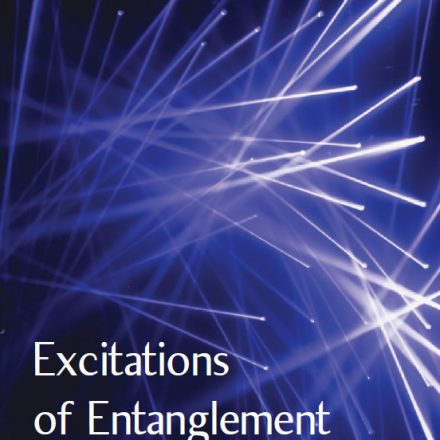
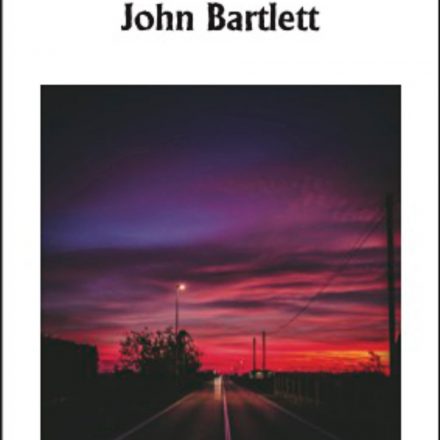
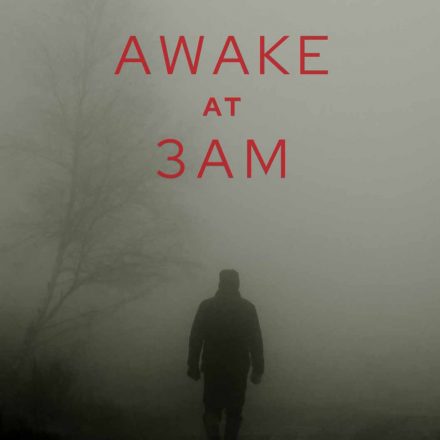
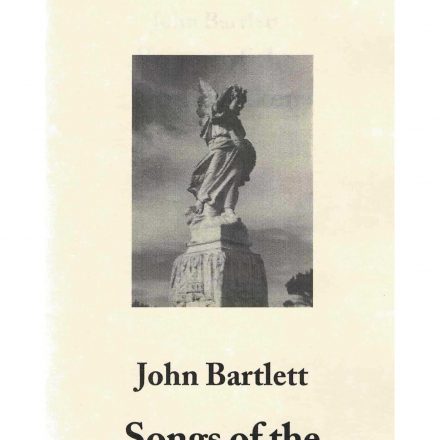

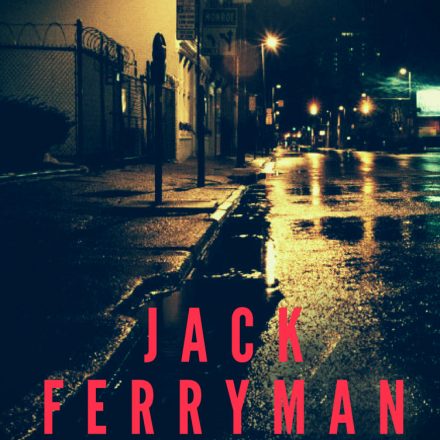
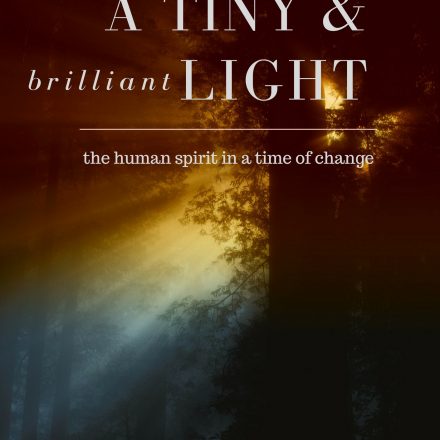

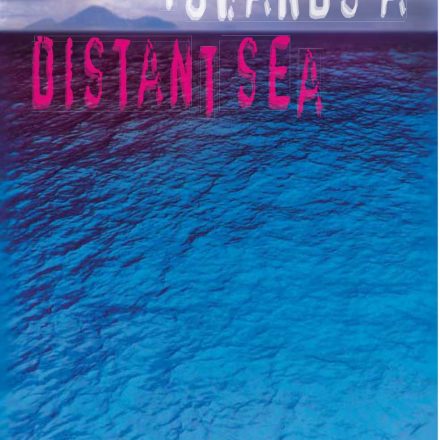

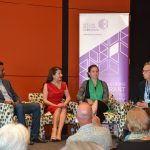



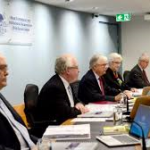
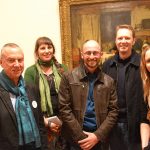


John
A difficult and emotional subject, which has been (for me), a seemingly endless puzzle! I believe that Australians have been searching for a national for generations, and even now there are no clear indicators.
Australia has many dramatic and unique geographical features – the Great Barrier Reef, the Kimberley Ranges, the Outback, to name but three. Australia has developed an aura of sporting prowess, in many different sporting activities, which is probably unequaled in the world. Australia has a harmonious multiculturalism which is the envy of the world. Australia has a wealth of mineral resources which have provided the majority of the population with a very high standard of living, and will continue to do so for many years to come. Australia has fought bravely and effectively in many wars, throughout the world, but few, if any of these have been in defense of our own national borders, or had a significant impact on our own quality of life. So what do Australia and Australians stand for?
With the exception of our indigenous population, we have very little human history, no historic buildings or artifacts, no significant wars on Australian soil, or conquests, no major industrial achievements, no major research or inventions. The populace desperately needs something tangible to be proud of – something which the world will recognise as being uniquely Australian.
I totally agree with the sentiments you’ve expressed, John. For me, the worst aspects of the direction in which the present federal government is “leading” Australia is the trashing of the democratic process and the entrenching of inhumane policies aimed squarely at asylum seekers, the poor, the unemployed, the mentally disadvantaged, to name a only a few. The Australian identity, so far as it has been forged up to now, doesn’t seem to articulate very strongly into viable protest or mass action against these trends set in motion by most of our ethically and morally destitute politicians.
Trevor